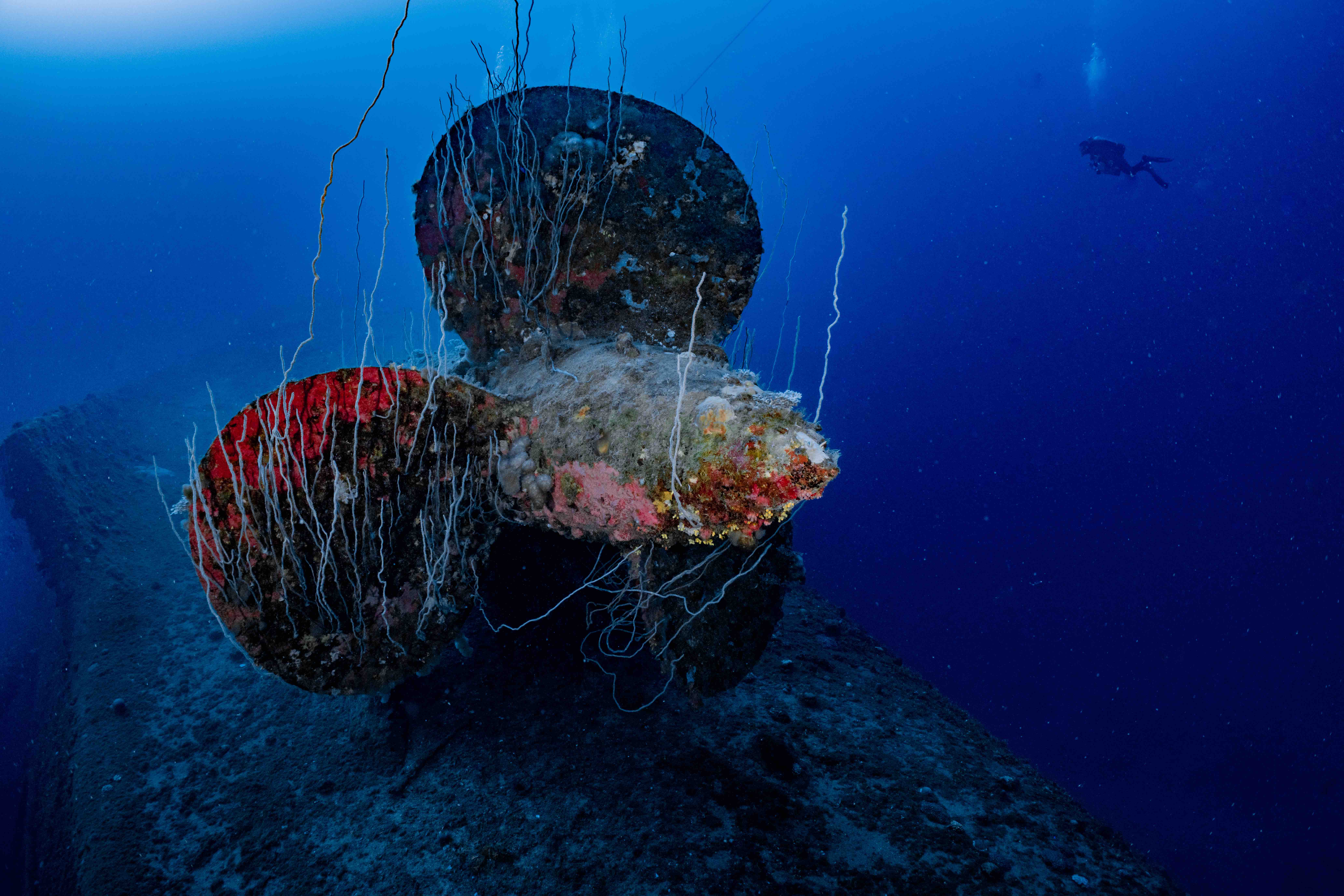
As our oceans continue to warm and to experience heat waves caused by climate change, it is critically important to understand and continuously update our knowledge on where corals persist. Natural reef ecosystems are the most important and geographically extensive homes for remaining corals, but other places may also harbor corals over the coming decades and centuries. Artificial reefs have been described as potentially important havens for corals, fish, and numerous marine invertebrates, but our knowledge of where, what, why, and how artificial reefs support corals is very limited. Asner Lab’s Coral Haven Project seeks to understand the rules of the game when it comes to the biogeography and ecosystem functioning of artificial reefs from the perspective of the hard corals that grow slow and provide the foundational habitat for other marine lifeforms and species.
Our highly trained ecologists utilize deep diving techniques to explore, survey, measure, and document the efficacy of artificial reefs. Our current focus is on shipwrecks generated over the past century in tropical waters that might support coral biodiversity for the coming century. We are specifically interested in artificial reef structures (morphology, substrate) below the upper 10 meters of seawater currently exposed to the most drastic ocean heat wave events. Recent studies have taken the Coral Haven Project team to nuclear shipwrecks of Bikini Atoll in the Marshall Islands and Truk Lagoon in Micronesia. Upcoming explorations are planned for the western Pacific, Indonesia-Malaysia, Caribbean, and Australian waters.